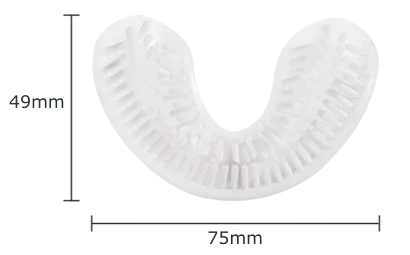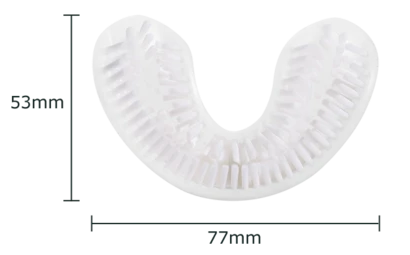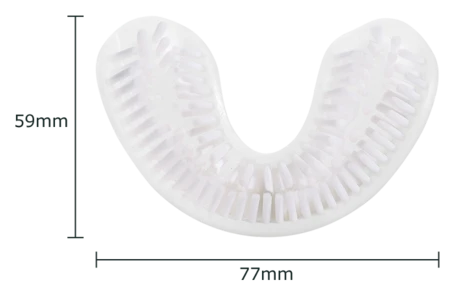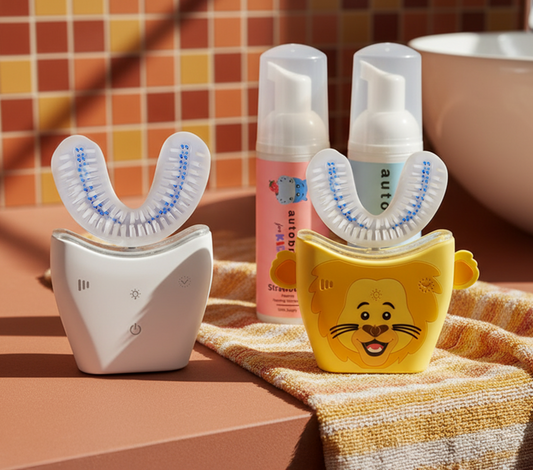
What Gets Rid of Cottonmouth?
Think back to the last time you were especially anxious. (I know...not a fun task. Bear with us.) Perhaps it was during a big interview for your dream job or even scheduling a dreaded appointment. Among feeling warm or having clammy hands, did you find yourself struggling to speak? Did you suddenly need a glass of water?
If you are experiencing an occasional dry mouth, anxiousness or dehydration may be the culprit. However, if you are struggling with a persistent dry mouth, consult with a doctor as it can be a sign of an underlying problem.
In the meantime, we’re sharing the causes of dry mouth, problems dry mouth can trigger, and how to find relief.
What causes dry mouth?
A dry mouth can occur when the salivary glands in your mouth don't produce enough saliva to keep your mouth moist. This typically occurs when you are dehydrated, meaning you don’t have enough fluid in your body to produce the saliva you need, or when you are particularly anxious.
A dry mouth can also be caused by an underlying problem or medical condition including:
- diabetes – a lifelong condition that causes a person's blood sugar level to become too high or too low.
- medication – several medications can cause a dry mouth, including antidepressants, antihistamines and diuretics.
- a stuffy nose – breathing through your mouth while you sleep can cause it to dry out
- radiotherapy to the head and neck – this can cause the salivary glands to become inflamed (mucositis)
- Sjögren's syndrome – a condition where the immune system attacks and damages the salivary glands

What problems can a dry mouth cause?
Saliva plays an important role in keeping your mouth healthy. When dry mouth is left untreated, you may experience several other problems too including:
- dry lips
- bad breath (halitosis)
- tooth decay and gum disease
- a decreased or altered sense of taste
- difficulty speaking, eating or swallowing
- recurrent mouth infections, such as oral thrush
- a burning sensation or soreness in your mouth
Consult with your dentist or family doctor if you are currently struggling with any of the symptoms to avoid any worsening side effects.
How can you get rid of dry mouth?
The next time you experience cottonmouth, here are a few things you can do.
Drink water
Drinking an adequate amount of water is a great start to stimulate saliva production and prevent cases of dry mouth.
On average, men should try to consume 3.7 liters of water and 2.7 liters for women, according to the National Academies of Sciences, Engineering, and Medicine. To determine how much water you should be drinking, talk to your doctor or use a water calculator.

Chew sugar-free gum
Like drinking water, chewing gum can kickstart saliva production. It also helps clean the surface of your teeth after meals. This especially important if you aren’t producing enough saliva to naturally remove lingering food particles.
Be sure to opt for sugar free gum options to lessen your risk of cavities.
Pay attention to your oral health
Lastly, a dry mouth could be a sign that you’re not taking proper care of your oral health. Remember to brush your teeth two times a day, floss daily, and use a mouthwash that you prefer.












